Learning to Love Like Jesus: Why We’re Called to Release Judgment
Imagine for a moment the vastness of the universe. Scientists and astrophysicists tell us that about eighty-five percent of the universe is completely invisible to us. This invisible matter—dark matter—is something we cannot see directly, yet we know it exists because of its undeniable effects on everything around it. Light bends around it, stars move in ways they shouldn’t, and black holes pull in everything nearby. We can’t see dark matter, but we see what it does, and that tells us it’s there.
This fascinating reality about the universe is a perfect metaphor for how we often view people around us. Just like dark matter, much of what shapes a person—their pain, their struggles, their history—is invisible to us. Yet, we are quick to judge based on the small sliver of information we do see. This article explores why Jesus calls us to release judgment and embrace a way of love that is more compassionate, curious, and free.
The Invisible Struggles Behind Every Person
When we look at others, we often see only a tiny fraction of their story. We observe their actions, behaviors, and sometimes their mistakes, and we make judgments. But what about the “dark matter” in their lives—the unseen pain, trauma, and history that have shaped them? How often do we consider these hidden layers before forming an opinion?
We tend to judge others on incredibly limited data, sometimes so limited that when asked why we think a certain way, we struggle to give a coherent answer. This limited perspective leads to poor judgments and misunderstandings. Jesus’ command not to judge isn’t a denial of truth or morality. Instead, it acknowledges our limited vision as human beings and invites us to a deeper understanding.
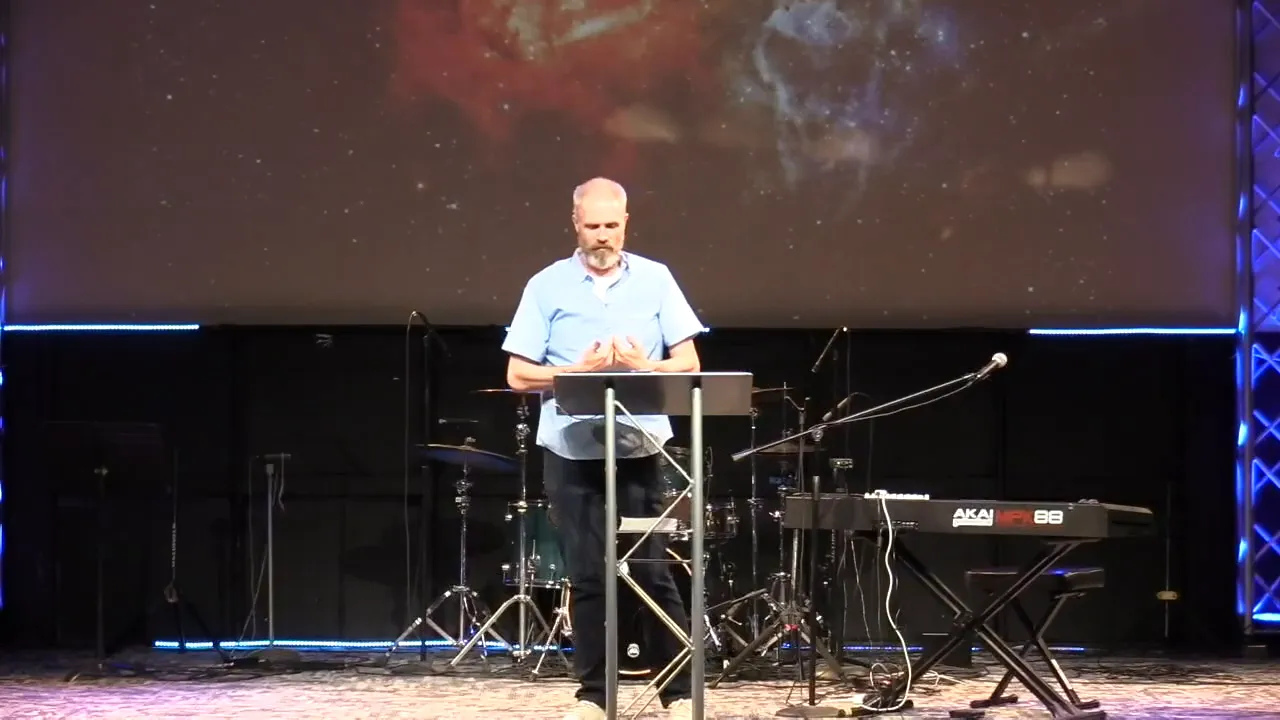
Judgment: A Cultural Obsession
Our culture is obsessed with judgment. From the early days of the internet with websites like Hot or Not, to reality TV shows where judges harshly critique contestants, society loves to size people up. We watch shows like Judge Judy or American Idol, reveling in the drama of judgment and critique. Yet, while we enjoy judging others, we don’t want to be judged ourselves. There’s a strange catharsis in watching others get scrutinized, as if it somehow makes our own flaws less visible.
Often, judgment comes from a misplaced sense of knowing what’s best for someone else, or from fear and frustration about what we don’t understand. When things scare us or frustrate us, we try to control outcomes by judging and condemning others. This tendency is so common that many of us are harsh judges of others but very lenient with ourselves. We may be gracious to people we like and merciless to those we don’t.
Jesus’ Invitation: See as He Sees
When Jesus says, “Do not judge,” it’s easy to misunderstand this as a simple prohibition. But He’s not scolding us or wagging a finger. Rather, Jesus invites us to see the world—and the people around us—through His eyes. This invitation is about freedom: freedom from the cultural norm of judgment, freedom from resentment, and freedom from the illusion that we are responsible for managing other people’s choices.
Jesus lived in a culture filled with judgmental religious leaders like the Pharisees and Sadducees, who looked down on the poor, women, and those without power. Yet, Jesus consistently offered freedom and grace instead of condemnation. He calls us to a higher way of living—a way that embraces mercy and compassion over harsh judgment.
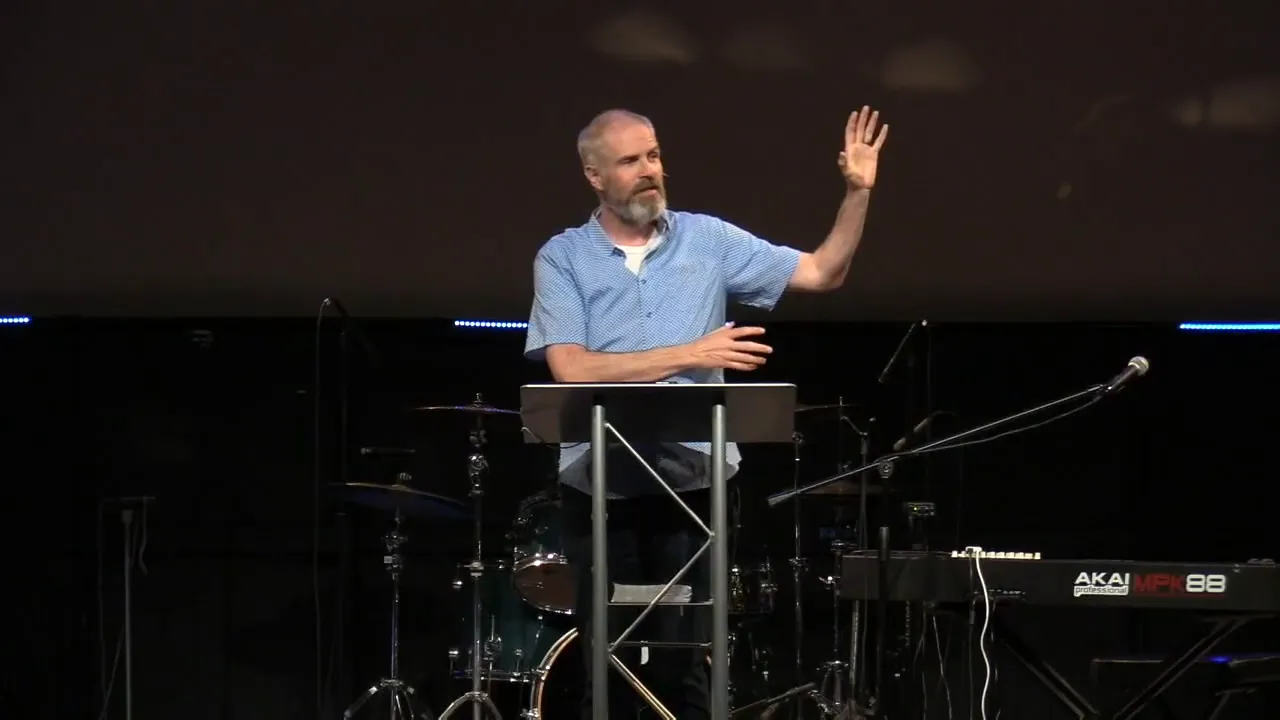
Understanding Jesus’ Teaching on Judgment (Matthew 7:1-5)
In Matthew 7:1-5, Jesus gives us a vivid illustration to understand His teaching on judgment:
“Do not judge others, and you will not be judged. For you will be treated as you treat others. The standard you use in judging is the standard by which you will be judged. Why worry about a speck in your friend’s eye when you have a log in your own? How can you think of saying to your friend, ‘Let me help you get rid of that speck in your eye,’ when you can’t see past the log in your own eye? Hypocrite! First get rid of the log in your own eye, then you will see well enough to deal with the speck in your friend’s eye.”
This teaching is profound and challenging. Jesus warns us about the hypocrisy of judging others while being blind to our own faults. The “log” in our eye is a metaphor for the significant flaws we fail to see in ourselves, while we obsess over the minor flaws of others—the “speck.”
Removing the log is not easy. In fact, none of us truly believe we have a log in our eye. We think we see clearly, but Jesus reminds us how limited our vision really is. We judge others based on a tiny piece of their story, while being blind to our own brokenness.
The Danger of Limited Perspective
When we judge others, we often say, “I would never do that,” or “That’s just wrong.” But what if the choices we criticize were never even options in our own lives? Sometimes we look down on people’s decisions without understanding the complex background, the “dark matter,” that shaped those choices.
Jesus’ teaching challenges us to recognize our blindness and to approach others with humility and grace. In John 8:7, He says, “Let any one of you who is without sin be the first to throw a stone.” This moment exposes the hypocrisy of judgment and calls us to self-reflection.
Paul echoes this in Romans 2:1, reminding us that when we condemn others, we condemn ourselves because we too have faults. Judgment often masks our fear and our unwillingness to face our own brokenness.
Why We Judge: Fear, Control, and Comfort
Judgment is easier than vulnerability. It’s easier to point fingers than to look inward. Many times, we judge because we fear what we don’t understand or because we want to control outcomes. It provides a false sense of security.
Epictetus, the Stoic philosopher, said, “What upsets people is not things themselves, but judgments about these things.” Our reactions often stem not from reality but from the stories we tell ourselves about reality. This is especially evident in social media and conspiracy theories, where anger and judgment fuel division and even destructive behavior.
Practicing Non-Judgment: Living and Letting Live
Understanding Jesus’ invitation is one thing, but living it out is another. How do we stop judging and start loving like Jesus? The first step is practice. When the reflex to judge or control others arises, pause and choose a different response.
Try praying: “God, help me release this person and their choices to You. Help me to work on myself. Help me trade condemnation for curiosity and compassion. Help me to see others as You see them.” This prayer rewires our hearts and minds, aligning us more with Jesus’ way of love.
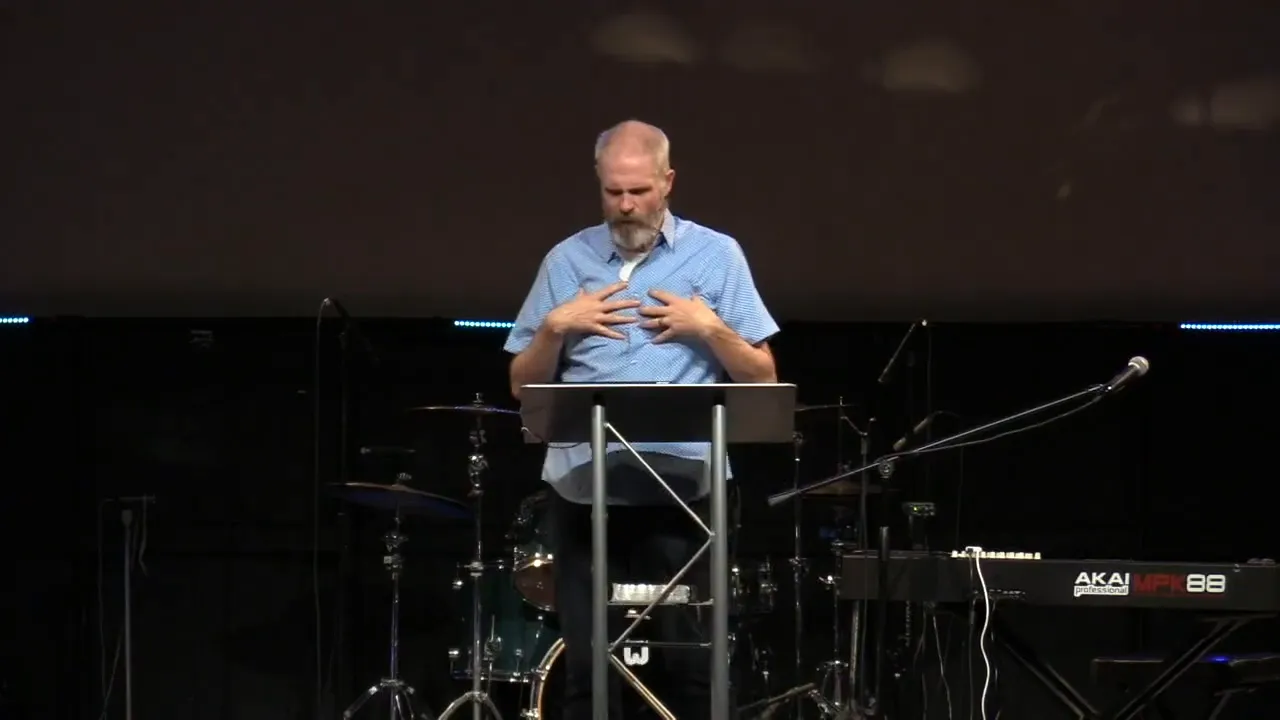
Mercy Without Compromising Truth
Releasing judgment does not mean ignoring right and wrong. Jesus never compromised truth, but He always led with mercy. His plea from the cross, “Father, forgive them, for they don’t know what they are doing,” shows the depth of His compassion even in the face of great injustice.
We are called to follow His example—not by excusing wrongdoing, but by responding with grace and love. This is the challenging path of Christian living, made possible only through the Spirit’s work in us.
Tolerance: How Our Beliefs Shape Our Actions
Tim Keller once said, “Tolerance isn’t about not having beliefs. It’s about how your beliefs lead you to treat people you disagree with.” We can hold strong convictions and still treat others with kindness and respect.
Jesus’ model of living calls us to reject hatred, harsh judgment, and ill will—even toward those we vehemently disagree with. Instead, we are invited to embody love, patience, and compassion, reflecting the heart of Christ.
Seeing Others Through Christ’s Eyes
Picture the people you struggle with—those who frustrate or anger you. Imagine seeing them not as obstacles or enemies, but as complex beings, just like you, with histories and struggles you don’t fully understand. Imagine seeing them through the eyes of Christ, who died for them even when they resisted His love.
What if we laid down our anger, hate, and resentment, and instead prayed for them and for ourselves? What if we embraced Jesus’ call to “live and let live,” focusing on our own growth rather than controlling others?
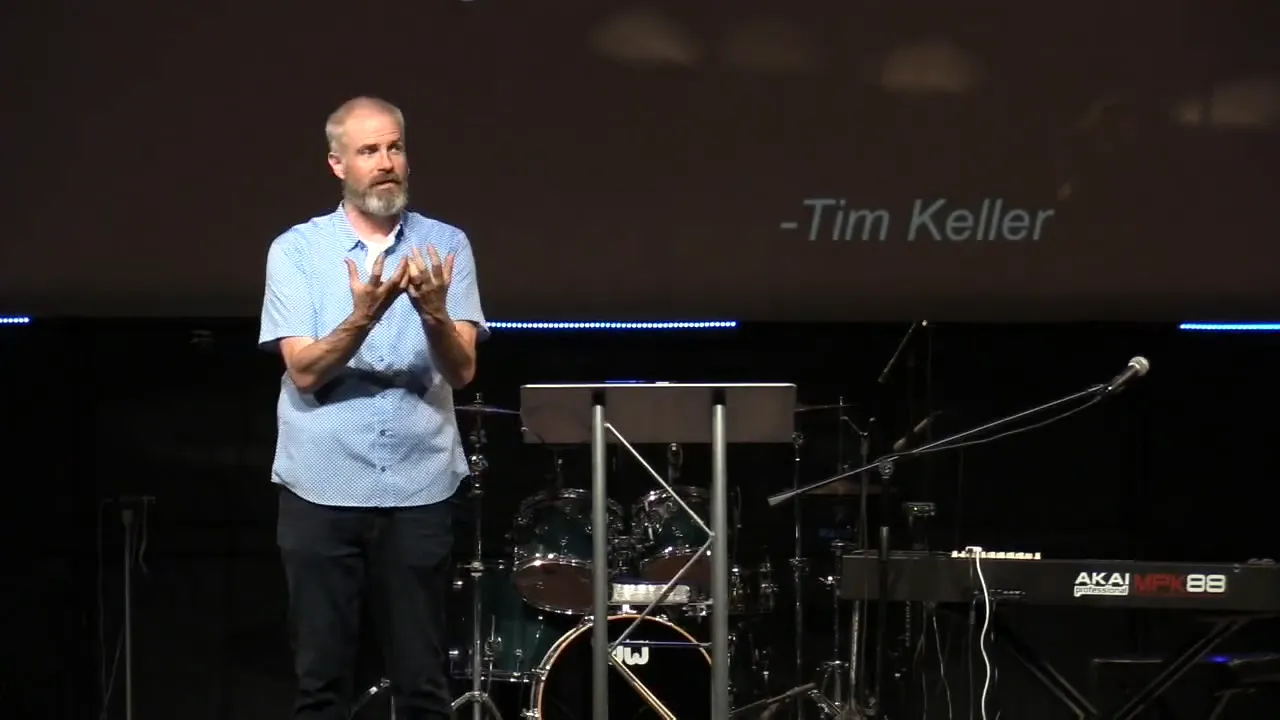
Building a Community Marked by Love, Not Judgment
Imagine a community where people expect to be seen, not sized up; where judgment is replaced by curiosity and compassion. A place where we seek to understand what’s beneath the surface rather than dismissing others based on limited information.
This kind of community reflects the heart of Jesus and stands in stark contrast to the judgmental, divisive culture around us. It’s a place where love proves we are His disciples, not harshness or condemnation.
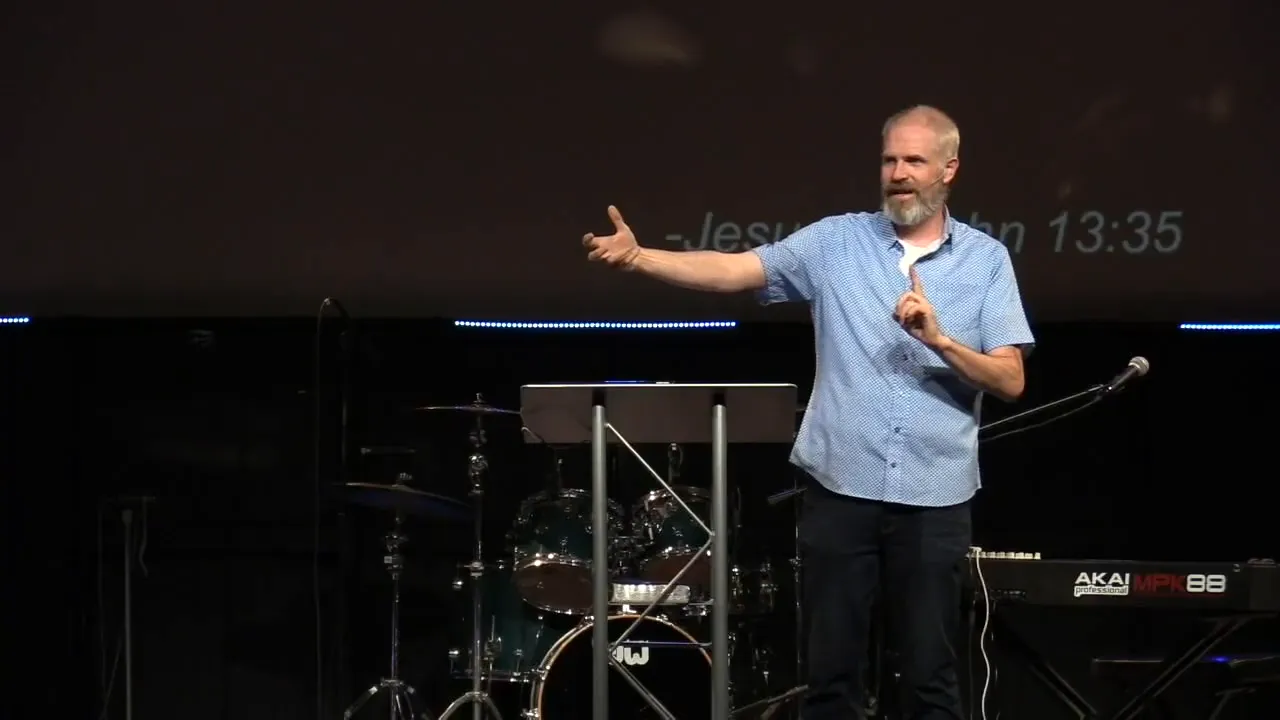
Conclusion: Embracing the Freedom of Love Over Judgment
Judgment is easy when our own self-awareness is lacking. But Jesus calls us to something higher—a way of living marked by love, mercy, and freedom. This path is not natural or easy; it requires reflection, prayer, and the power of the Holy Spirit to transform our hearts.
As we respond to Jesus’ invitation, may we become people who look deeper, who understand more, and who love more fully. May we be known not for how loudly we judge, but for how deeply we love.
Let’s begin this journey today—laying down our logs, opening our eyes, and embracing the freedom that comes from releasing judgment and loving like Jesus.
